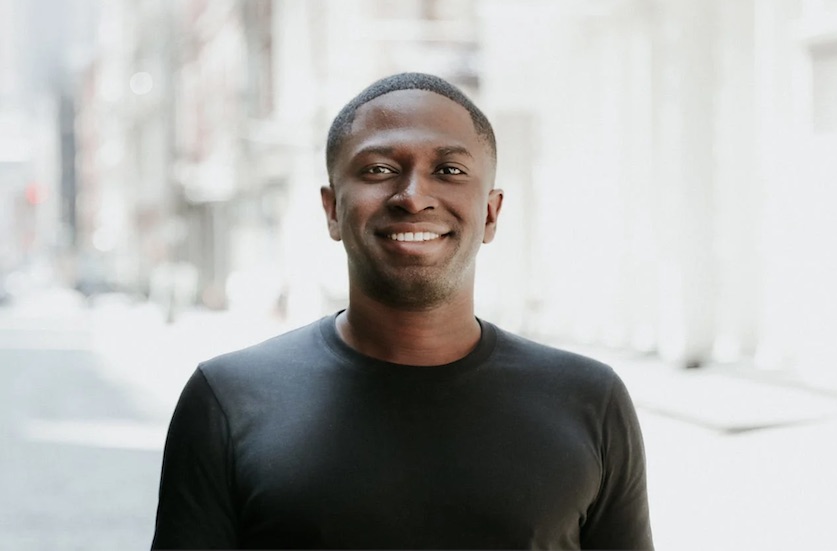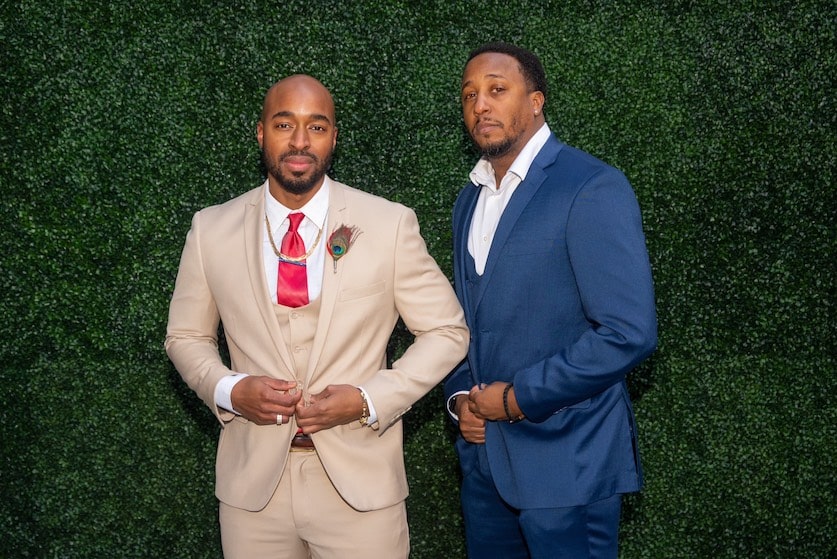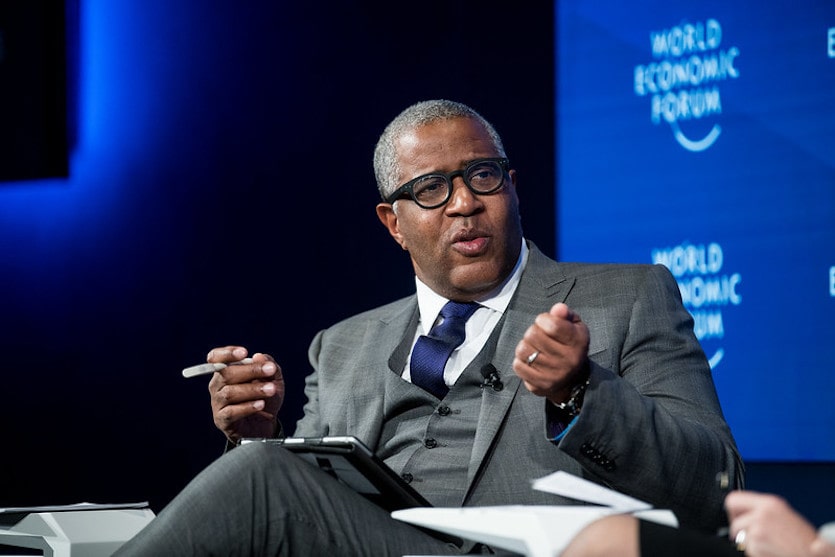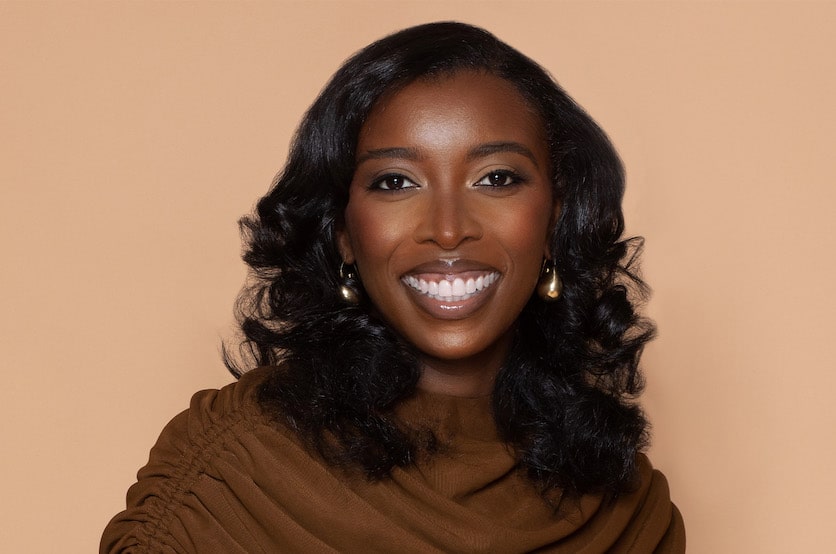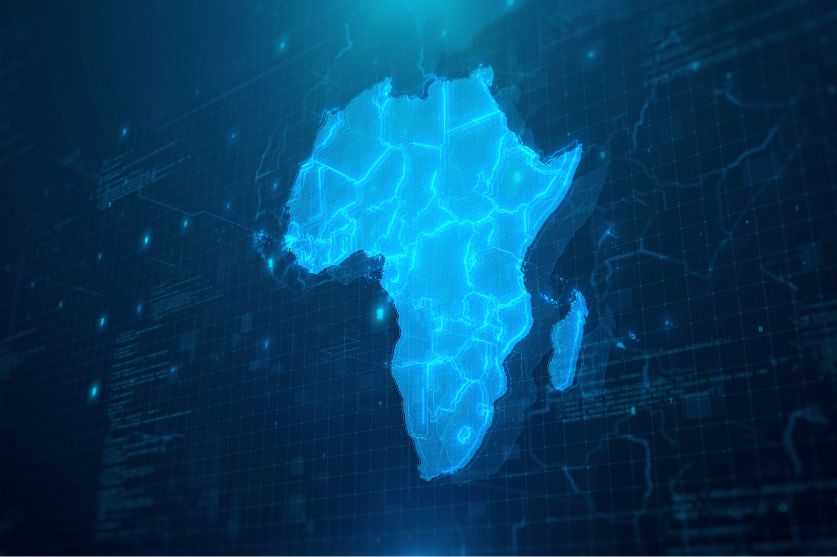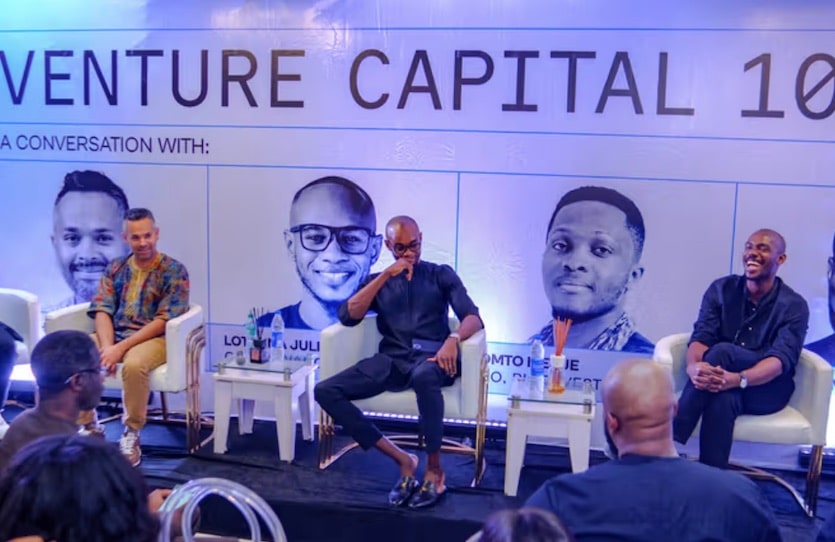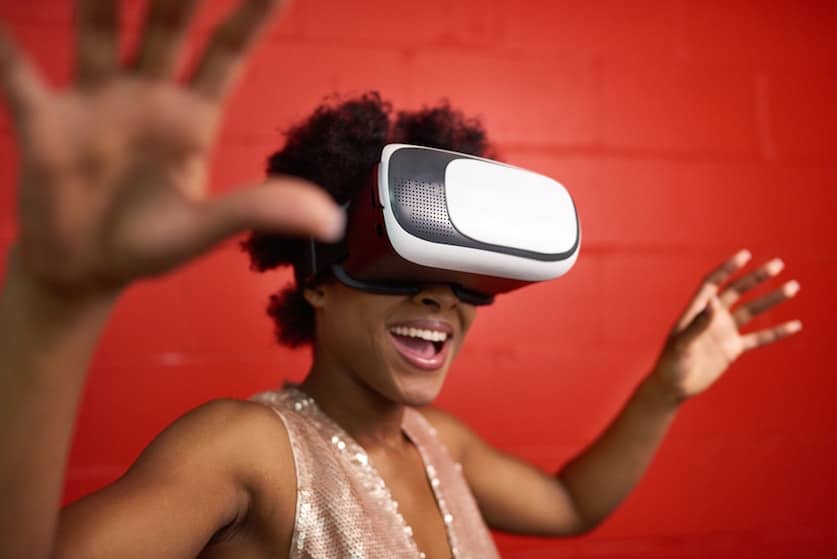
New Developments in Virtual Reality to Boost Diversity Training
March 1, 2021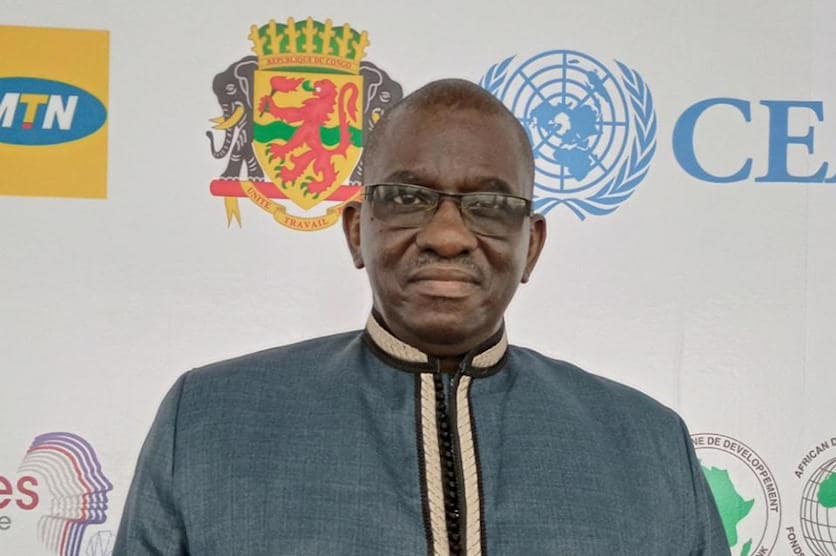
First-Ever African-Led Artificial Intelligence Research Center To Open
March 5, 2021Deep Nostalgia Uses AI To Bring Old Photos To Life
Online Genealogy company MyHeritage has introduced a new feature that allows users to animate old family photographs.
The tool, called Deep Nostalgia, uses AI-powered tech to bring to life still portraits. The company said it was designed for people wanting to animate the faces of loved ones who had passed away or relatives they had never met.
Since its launch, last week over 8 million animations have been created using the tool. Many people have shared emotional stories on social of seeing lost loved ones or “meeting” family members for the first time.
Frederick Douglass, the mighty abolitionist, was the single most photographed person in the United States during the nineteenth century. Here's how he might've looked in motion. Brace yourself and press play. pic.twitter.com/HOxDK7jGyh
— La Marr Jurelle Bruce (@Afromanticist) February 28, 2021
The technology behind Deep Nostalgia was developed by Israeli technology firm D-ID, which specializes in video reenactment using deep learning. It uses artificial intelligence and trained its algorithms on pre-recorded videos of living people moving their faces and gesturing.
My Heritage said the technology works equally well on black and white photos and photos that were originally taken in color.
Users upload a photo to the My Heritage site and the technology will apply subtle facial movements – eyes narrowing, a head-turning, an eyebrow-raising – to create a moving image that, for a few seconds, looks more like video footage.
My dear grandmother, who passed in 2014, was brought back to life using AI Deep Fake aka “deep nostalgia” technology. And I don't know how I feel about it. What do you all think about this type of technology?
RIP Bertha Bonner…. pic.twitter.com/LOxqdN7v0r
— Jibril (@datdudejibril) February 27, 2021
Commenting on the new tool in PC Mag, journalist Brittany Vincent wrote: “The results are startlingly lifelike, as we see people moving their heads around, blinking, and even slightly changing expressions. The AI-powered results can be arresting. Seeing a loved one’s face speaking looking at you once more, smiling, and emoting, is an emotional experience. So is seeing a long-lost ancestor you didn’t even know you were related to.”
Writing in The Byte, Tony Tran said: “While it’s easy to poke fun at this tool, it is undeniably a fascinating and compelling application of AI — not to mention, it can allow many people to reconnect to their long-passed loved ones through technology, which is always fantastic.”
Deep Nostoliga Proving To Be Controversial
However, Deep Nostalgia has divided opinion online with some describing the feature as ‘creepy’. My Heritage acknowledged these concerns in an FAQ section on its website.
It said: “Some people love the Deep Nostalgia™ feature and consider it magical, while others find it creepy and dislike it. Indeed, the results can be controversial and it’s hard to stay indifferent to this technology. This feature is intended for nostalgic use, that is, to bring beloved ancestors back to life. Our driver videos don’t include speech in order to prevent abuse of this, such as the creation of “deep fake” videos of living people.”
The company also urged people to use the feature “on your own historical photos and not on photos featuring living people without their permission”.
This is W.E.B. Du Bois, who, like me, was "born with a veil, and gifted with second-sight." What a wonder to "see" him seeing–to see the quizzical quality in those eyes as they move about.
A wonder…and maybe a terror, too. pic.twitter.com/yueJpd717v
— La Marr Jurelle Bruce (@Afromanticist) February 28, 2021
Recent years have seen deepfake technology reach a level of sophistication where it is difficult to tell the difference between a fake video and a real one, prompting concerns from governments.
Last year, Facebook announced its decision to ban videos that had been edited using artificial intelligence.
Queen Liliʻuokalani brought back to life with #DeepNostalgia pic.twitter.com/BLQGO7QDk6
— Keahi (@Keahiio) March 1, 2021
Explaining the decision Monika Bickert, vice president of global policy management at Facebook said: “There are people who engage in media manipulation in order to mislead. Manipulations can be made through simple technology like Photoshop or through sophisticated tools that use artificial intelligence or deep learning’ techniques to create videos that distort reality – usually called ‘deepfakes’. While these videos are still rare on the Internet, they present a significant challenge for our industry and society as their use increases.”
The UK’s Law Commission said recently it is considering proposals to make it illegal to create deepfake videos without consent.
Main Image: Courtesy of Atlanta-based entrepreneur Jibril Sulaiman, founder of Incluzion


